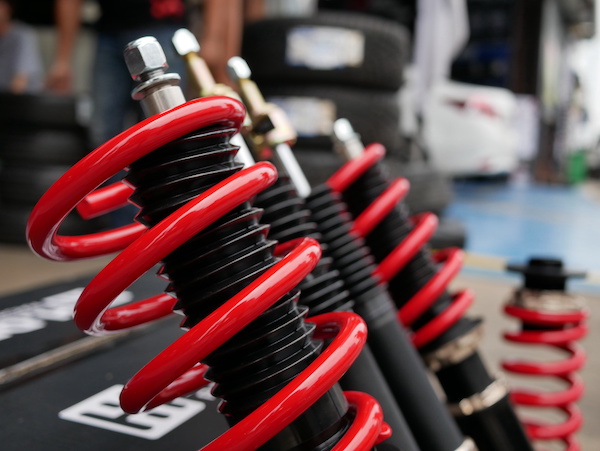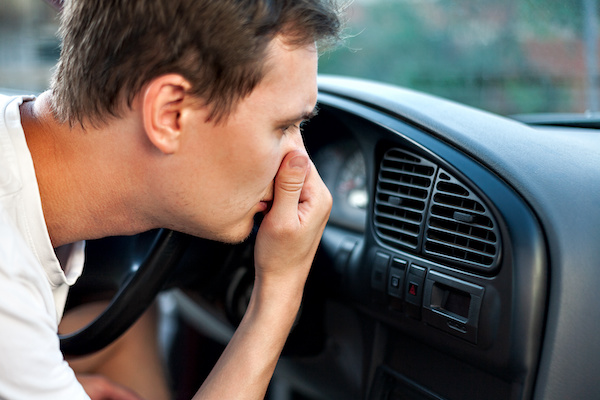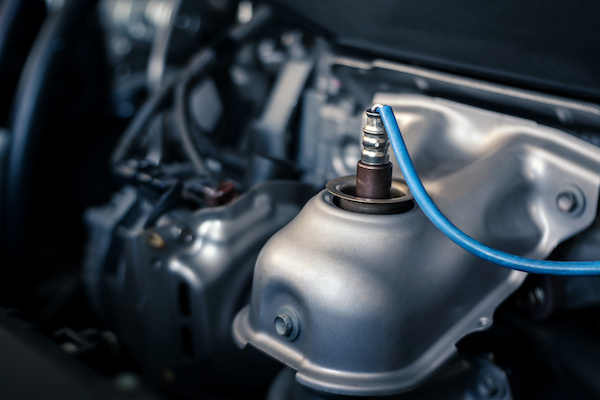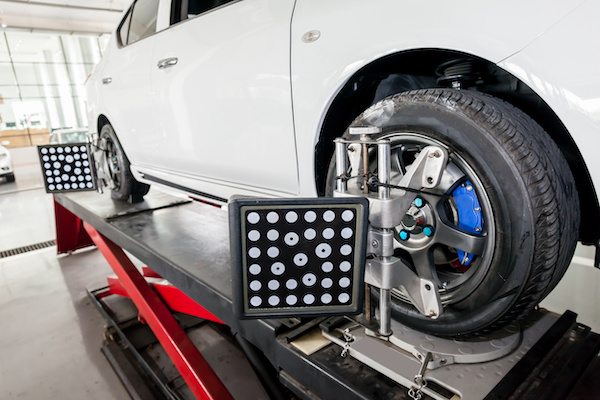Posted on 9/29/2022

Your automobile either has shocks, struts, or a combination of both that make up the backbone of the suspension system. While they are made to last a long time, they don’t last forever (so don’t let them slip your mind). When shocks or struts wear out, the quality of your vehicle ride may suffer. As it worsens, it may feel unstable, shaky, bouncy, or worse. Here are some other signs that indicate your shocks or struts are due for a replacement: Instability with Acceleration - If your automobile gets more unstable at higher speeds, it means that your suspension is not properly absorbing all the road impacts. Your car may feel wobbly as you hit any uneven surfaces. Tipping with Turns - If your car leans to the side on turns a little too much, it means your shocks and struts are on their way out. Front Nose-Drives - If the front of your vehicle dips down whenever you brake, it is a sign that your suspension has gone bad. Bouncy Tires - If your tires feel like t ... read more
Posted on 8/30/2022

Back-to-school season is amongst us, which means kids will be in school buses, walking, biking, or riding with their parents. Traffic congestion will be back and worse than ever, which means you have a larger responsibility to keep safe. Follow some of these driving tips below to keep everybody in your community safer. When driving in a school zone, be sure to do the following: Follow the speed limit as the speed is significantly lower in school zones. Keep away from distractions, including your phone. Pull over if you need to use your phone. Load and unload children in a safe location, away from traffic. Stop and yield to pedestrians crossing visible crosswalks or intersections. Be careful around parked cars and bike lanes. Carpool to reduce the pollution and traffic for school. Avoid blocking intersections and crosswalks. It is more dangerous for pedestrians to go around your vehicle. Be patient with school buses. They might drive slower than normal ... read more
Posted on 7/25/2022

Many car owners and drivers may not know about the cabin air filter, and others don't pay much attention to it. While it may not interfere with your car's movement or performance, it may affect your health due to the air quality inside. Basically, it filters the air that you breathe inside your vehicle. The cabin air filter helps to remove or prevent harmful pollutants such as dust, pollen, smoke, mold, spores, smog, and other allergens. However, it should not be confused with the engine's air filter. The engine filter ensures the air inside it is clean and free from debris and other particles for effective combustion. Cabin air filters are usually rectangular and made of paper and fibrous material. When air passes through the filter, all debris, pollutants, and allergens are trapped and prevented from entering the car. However, like every other HVAC filter, you should change the cabin air filter regularly to make the air clean and safe. What Happens If You Don't Rep ... read more
Posted on 6/28/2022

Oxygen sensors, or O2 sensors, are small instruments in your car that measure the amount of oxygen in the exhaust. As you may know, your engine needs When there is a lack of oxygen, the engine runs rich, making it challenging to accelerate. Common Causes for Failing Oxygen Sensor The typical causes for faulty O2 sensors include faulty wiring, electrical problems, poor insulation, and clogged fuel injectors. When your engine suffers from drastic pressure changes, it can affect the air pressure. Additionally, corrosion from improper combustion, poor heating, electrical voltage spikes from poor grounding, and dirty air filters. When your oxygen sensor stops working, you may experience the following symptoms: Lack of engine power Sluggish acceleration Lowered fuel economy Black exhaust smoke Failure to pass an emissions test When Should You Replace the Oxygen Sensor? When the sensor no longer works or fails to report accurate readings, you may need to stop dr ... read more
Posted on 5/26/2022

Over time, your car can hit bumps, potholes, and other obstacles that may cause its wheels to go out of alignment. Proper wheel alignment is essential to keep your tires and other auto components in good condition. Otherwise, you may have to replace your tires a lot sooner than you think. Wheel alignment problems can be caused by many things. Besides the examples we’ve mentioned so far, excessive or harsh braking can cause alignment issues. Sometimes the wear and tear of your shocks, struts, or springs can lead to misaligned wheels. Additionally, wrong modifications can also mess up your wheel’s alignment. What Are the Symptoms of Poor Alignment? Drifting to one side when driving straight – While you're driving on a straight road, your car should drive straight even if you take your hands off the wheel. However, if your car drifts left or right, your car definitely needs alignment. Please have this checked ASAP, as it can cause accidents down th ... read more